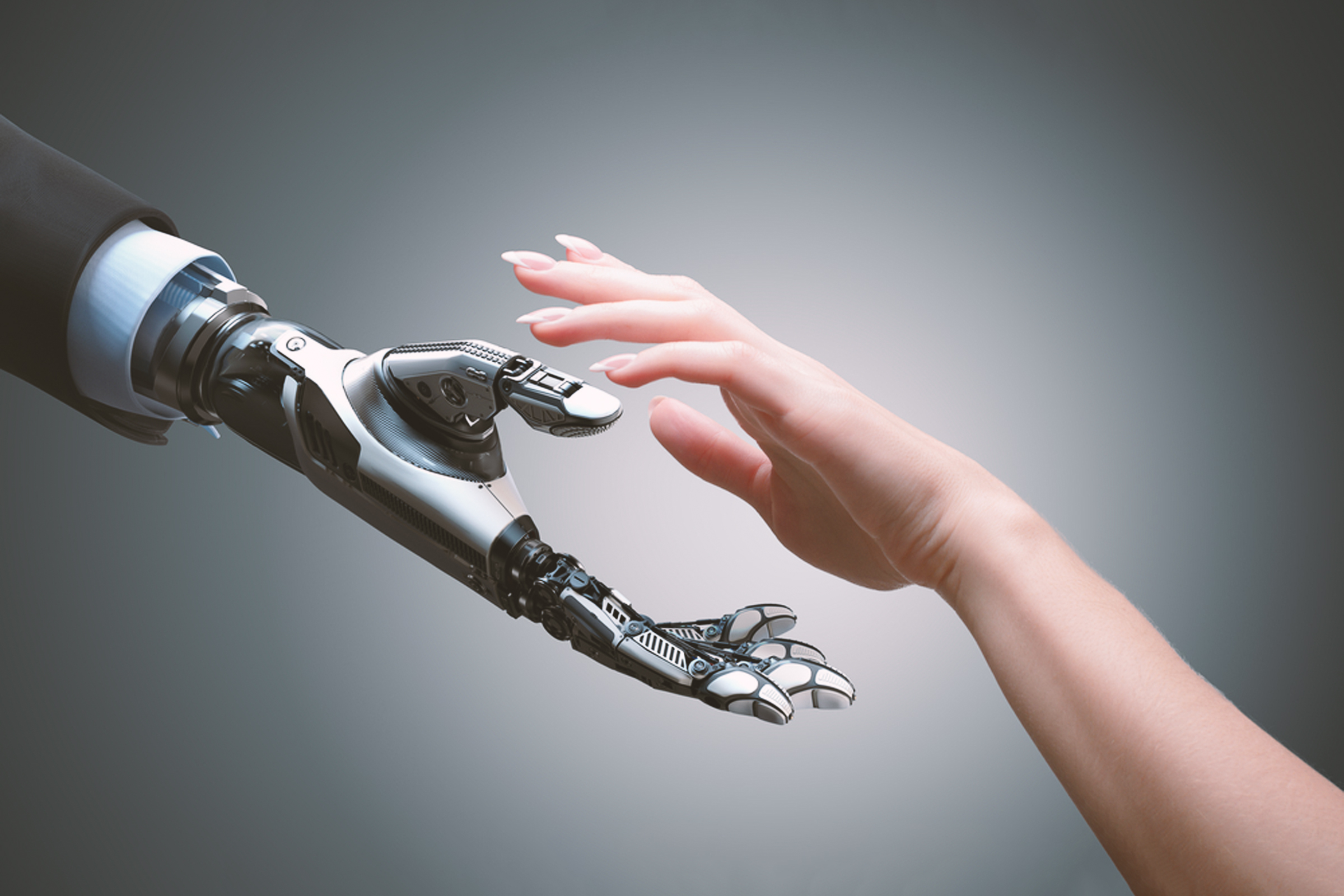Artificial intelligence (AI) has revolutionized various industries recently, and Human Resources (HR) is no exception. AI technologies can transform HR processes and improve efficiency in talent acquisition, employee engagement, performance management, and more. However, along with the opportunities, AI also brings specific challenges that must be addressed. In this blog post, we will explore the impact of AI on HR, discussing both the opportunities it presents and the challenges that organizations may face.
Opportunities:
- Streamlined Recruitment Process: AI can significantly enhance recruitment by automating various tasks. AI-powered algorithms can sift through resumes, analyze candidate profiles, and identify the best fit for job positions, saving valuable time and effort for HR professionals. Moreover, AI can perform initial screenings and assessments, decreasing the likelihood of bias in the hiring process and enhancing the overall calibre of recruits.
- Improved Employee Experience: AI-based chatbots and virtual assistants can provide personalized support to employees, answering their queries and guiding them through various HR processes. This improves employee experience by reducing response times, increasing accessibility, and enhancing self-service options. AI can also fulfill a vital function by automating repetitive administrative tasks, thereby liberating HR professionals to concentrate on more strategic and value-added endeavors.
- Enhanced Performance Management: AI technologies enable organizations to gather and analyze vast employee data, facilitating more accurate performance evaluations. AI-powered tools can track and assess employee performance metrics, providing insights to managers for making informed decisions regarding promotions, bonuses, and training needs. This data-driven approach fosters a fair and transparent performance management system.
- Predictive Analytics for HR: AI algorithms can analyze historical data to identify patterns, trends, and correlations, enabling organizations to make data-driven predictions and informed decisions. Predictive analytics can be applied to various HR areas, such as employee turnover, workforce planning, and identifying training needs. By leveraging AI, HR professionals can anticipate potential issues and take proactive measures to mitigate risks.
- Personalized Learning and Development: AI can facilitate personalized learning and development opportunities for employees. AI algorithms can identify skill gaps and recommend targeted training programs by analyzing individual performance data. Organizations can foster employee growth and development by adopting a customized approach to learning, resulting in a more skilled and engaged workforce.
- Data-Driven Decision Making: AI empowers HR professionals to leverage accurate and real-time insights, facilitating data-driven decision-making. By leveraging AI-powered analytics, organizations can gain a deeper understanding of employee behavior, preferences, and performance drivers. This data-driven decision-making approach helps HR professionals to identify trends, anticipate future needs, and implement effective strategies.
Also read: https://www.enspirehr.com/blogs/understanding-the-importance-of-employee-surveys/
Challenges
- Ethical Considerations: Ensuring ethical use and mitigating bias poses a significant challenge when integrating AI into HR. The effectiveness of AI algorithms in maintaining impartiality heavily depends on the quality and neutrality of the training data. AI systems may inadvertently amplify existing biases if the data used for training exhibit bias or lack completeness. Thus, organizations must meticulously curate and monitor the training data to minimize prejudice and uphold fairness across HR processes.
- Employee Privacy and Data Security: With the increased use of AI in HR, a significant amount of employee data is collected and processed. Protecting this data and ensuring privacy is essential. Organizations must implement robust data protection measures, comply with relevant regulations such as GDPR, and communicate transparently with employees about how their data is used. It is essential to balance leveraging AI capabilities and respecting employee privacy.
- Impact on Human Interaction: While AI can automate and streamline many HR processes, there is a concern that it may diminish human interaction, which is vital for building relationships and fostering a positive work environment. HR professionals should balance AI-driven automation and maintaining personalized interactions to ensure employee satisfaction and engagement.
- Overreliance on Technology: While AI brings numerous benefits, there is a risk of overreliance on technology. Organizations must balance leveraging AI tools and maintaining a human touch in HR processes. AI cannot replace human judgment, empathy, and intuition entirely. HR professionals need to understand the limitations of AI and ensure that it complements human expertise rather than replacing it.
- Cultural Shift and Employee Acceptance: Introducing AI technologies in HR may require a cultural shift within the organization. Some employees may resist change or fear job displacement due to automation. HR professionals must effectively communicate AI’s benefits, address concerns and involve employees in the implementation process. Ensuring employee acceptance and engagement is crucial for successfully integrating AI into HR practices.
- Cost and Resource Implications: Implementing AI technologies in HR may involve significant costs and resource allocation. Organizations must invest in infrastructure, training, and ongoing maintenance of AI systems. Smaller businesses may need help with adopting AI solutions. HR professionals must assess the cost-benefit ratio and evaluate the long-term implications of AI implementation to ensure it aligns with the organization’s resources and goals.
You may also read: https://www.enspirehr.com/blogs/the-freedom-to-shine-in-customer-satisfaction-with-smart-hr-management/
Conclusion:
Undoubtedly, the impact of AI on HR is set to be substantial and enduring. With the ongoing evolution of AI technology, HR frameworks must demonstrate flexibility and adaptability to keep pace with these advancements. AI can eliminate mundane and repetitive HR tasks, leverage extensive data analysis for informed decision-making, and generate a comprehensive transformation throughout the organization and its workforce. The successful integration of AI into HR requires a thoughtful and balanced approach that leverages the opportunities while mitigating the challenges. By embracing AI responsibly, organizations can unlock the full potential of this technology, driving innovation and efficiency in HR practices and ultimately contributing to the overall organization’s success and its workforce.


